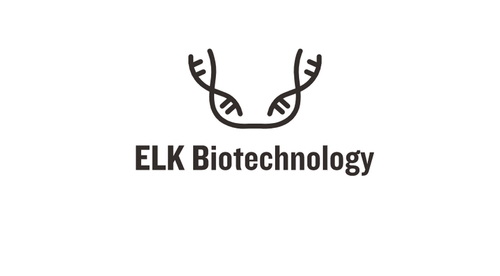Product Description
Mouse Persephin (PSPN) ELISA Kit | AE25342MO | Abebio
Species Reactivity: Mouse (Mus musculus)
Abbreviation: PSPN
Alternative Name: PSP;
Application: ELISA
Range: 15.6-1000 pg/mL
Sensitivity: 7.4 pg/mL
Intra-Assay: ≤3.7%
Inter-Assay: ≤7.2%
Recovery: 0, 99
Sample Type: Serum, Plasma, Other biological fluids
Detection Method: Sandwich
Analysis Method : Quantitive
Test Principale: This assay employs a two-site sandwich ELISA to quantitate PSPN in samples. An antibody specific for PSPN has been pre-coated onto a microplate. Standards and samples are pipetted into the wells and anyPSPN present is bound by the immobilized antibody. After removing any unbound substances, a biotin-conjugated antibody specific for PSPN is added to the wells. After washing, Streptavidin conjugated Horseradish Peroxidase (HRP) is added to the wells. Following a wash to remove any unbound avidin-enzyme reagent, a substrate solution is added to the wells and color develops in proportion to the amount of PSPN bound in the initial step. The color development is stopped and the intensity of the color is measured.
Product Overview: Persephin is a neurotrophic factor, belonging to the GDNF family. Neurotrophic factors are important for the proper development and maintenance of the nervous system. These factors promote neuronal survival and can prevent the neuronal degeneration associated with injury, toxin exposure, or neurodegenerative disease. The encoded protein has amino acid similarity to its other family members, glial cell line-derived neurotrophic factor and neurturin. This gene product promotes the survival of ventral midbrain dopaminergic neurons in culture and prevents their degeneration after 6-hydroxydopamine treatment in vivo.Like GDNF, PSP also had effects on kidney development, as evidenced by its ability to promote ureteric bud branching.
Stability: The stability of ELISA kit is determined by the loss rate of activity. The loss rate of this kit is less than 5% within the expiration date under appropriate storage condition. The loss rate was determined by accelerated thermal degradation test. Keep the kit at 37°C for 4 and 7 days, and compare O.D.values of the kit kept at 37°C with that of at recommended temperature. (referring from China Biological Products Standard, which was calculated by the Arrhenius equation. For ELISA kit, 4 days storage at 37°C can be considered as 6 months at 2 - 8°C, which means 7 days at 37°C equaling 12 months at 2 - 8°C) .
 Euro
Euro
 USD
USD
 British Pound
British Pound
 NULL
NULL








